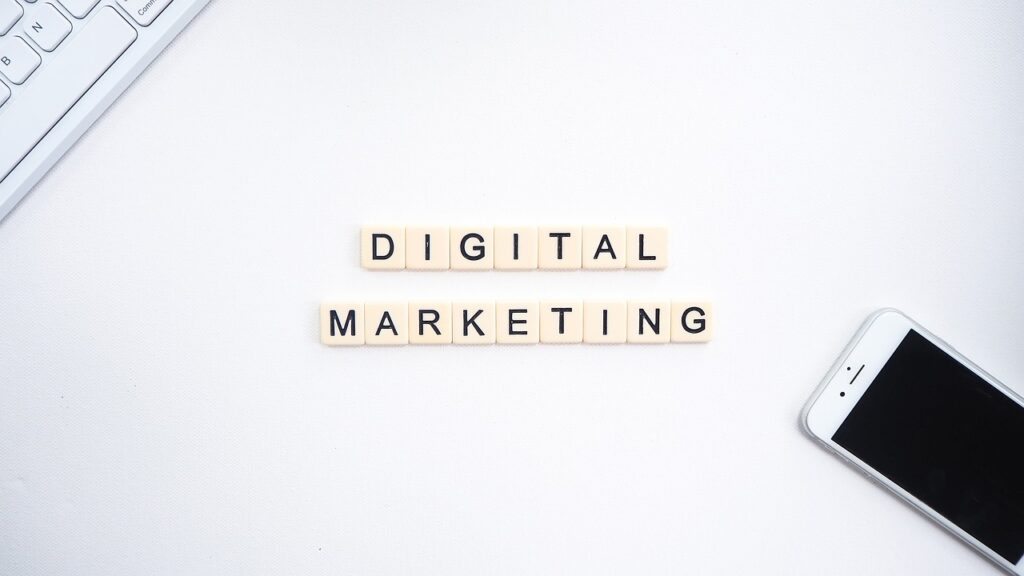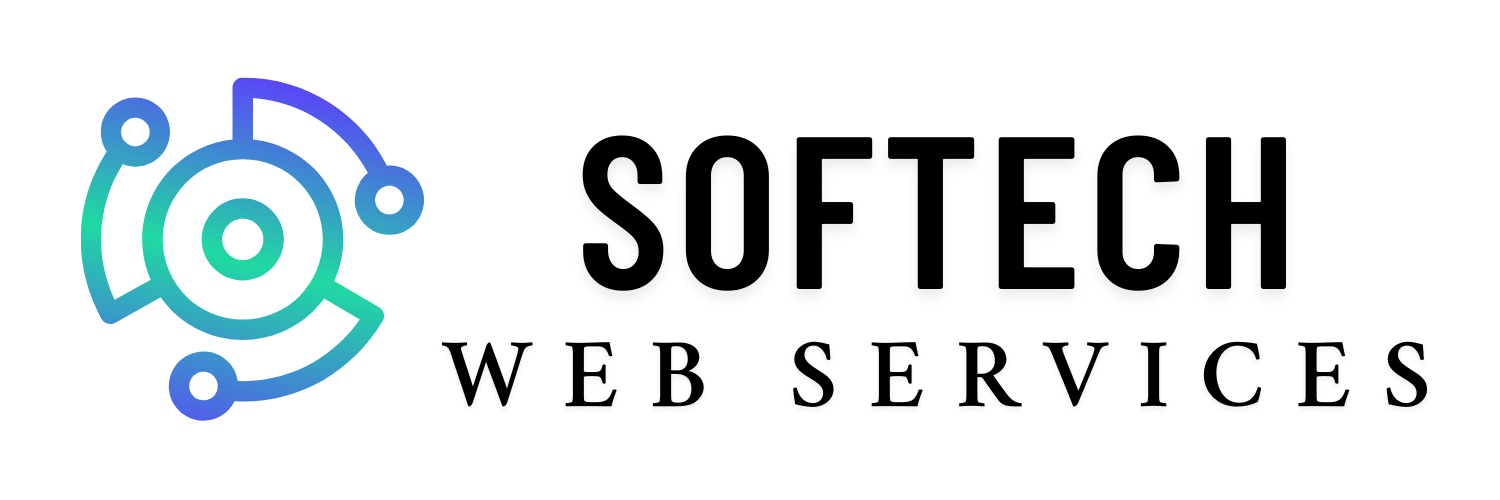How to Double Your Travel Agency Lead Generation (Proven Methods)

55% of travelers check social media posts about their destination before making a booking. This trend shows how travel planning has changed and creates new possibilities for travel agency lead generation in today’s digital world.
Lead generation goes beyond just maintaining an online presence. The numbers tell an interesting story – 98% of travel companies still take bookings over the phone. This proves that successful lead generation needs multiple channels to work effectively. Your booking rates can soar with the right lead generation strategy, whether you need new clients or want to expand your current travel business. On top of that, companies using strategic content marketing attract 67% more leads monthly than those who skip this approach.
This piece will help you find proven ways to double your travel agency leads. You’ll learn everything from website optimization to AI-powered solutions that help customers around the clock. We’ll share the quickest ways to get leads for your travel agency through both classic and innovative methods that match your budget and business goals.
Understanding the Travel Lead Generation Landscape
“The lead generation process starts by finding out where your target market ‘lives’ on the web.” — Wayne Davis, Sales and marketing expert
The travel industry bounced back strongly after the pandemic, showing remarkable recovery in all sectors [[1]](https://fastercapital.com/topics/measuring-roi-from-lead-generation-efforts.html). Travel agencies now work in a completely different digital world compared to a few years ago. They need fresh approaches to generate leads.
Current challenges in the travel industry
The travel market has become intensely competitive. The days of big travel agencies controlling the industry are over. Agencies of all sizes now compete for travelers’ attention. Your lead generation efforts must truly stand out in this crowded marketplace.
Modern travelers have changed how they make decisions. They look through about 40 websites before booking. This shows how much research goes into travel purchases today. Young travelers, especially Millennials and Gen Z, look for personalized, unique experiences that break away from traditional travel patterns.
Travel rules and compliance needs vary greatly between countries. This creates extra challenges for agencies trying to generate leads across different markets. The complex rules add another hurdle in an already competitive field.
Why traditional methods are no longer enough
Old-school lead generation tactics don’t work well in our digital-first world. Research shows that if nobody contacts a travel lead within 5 minutes, the chances of closing drop sharply from 80% to just 5% after 10 minutes. Old systems can’t keep up with this need for quick responses.
Cold calls and generic emails fail because consumers can research, compare, and decide without talking to salespeople. Today’s travelers want unique experiences, not generic messages. The old methods can’t deliver the personal touch modern travelers expect.
The online travel market will likely double by 2030 compared to 2023. This shows a big move toward digital channels that traditional approaches can’t handle. Travel agencies must update their lead generation strategies to meet customers online.
Setting realistic lead generation goals
Clear, measurable objectives play a vital role in successful travel agency lead generation. Studies show that marketers who set goals succeed 376% more often. The SMART framework offers a solid foundation to establish effective lead generation targets:
- Specific: Know exactly what you want from your lead generation efforts
- Measurable: Keep track of marketing and sales qualified leads
- Achievable: Set goals that balance ambition with reality
- Relevant: Match goals with your business objectives
- Time-bound: Create clear deadlines for your targets
Your business risks financial setbacks without realistic measures. Good goals help you plan and budget effectively, focusing on what brings the most value to your travel business.
Meaningful targets come from tracking metrics that give useful information. Understanding how leads become customers helps optimize your travel lead generation strategy. This informed approach lets you improve your strategy continuously.
Low-Cost Lead Generation Strategies for Travel Agencies

Quality travel leads don’t always need a huge marketing budget. Some of the most effective strategies cost little to nothing beyond your time and creativity. Social media platforms guide 83% of modern travelers to discover destinations, and these digital channels give travel agencies unprecedented ways to connect with potential clients.
Optimizing your website for lead capture
Your website serves as a crucial digital touchpoint to attract potential travel leads. Visitors are more likely to become qualified leads when they find a user-friendly design. Make sure your site loads quickly, works well on mobile devices, and showcases destinations with high-quality visuals.
Smart placement of contact forms throughout your website helps capture leads actively. Simple forms that ask for just name, email, and travel priorities boost completion rates by a lot. Clear calls-to-action (CTAs) like “Get Your Personalized Travel Quote” work better than generic “Submit” buttons.
Exit-intent popups that show up when visitors are about to leave your site can maximize your results. These popups can offer special deals or travel guides in exchange for contact details.
Creating compelling travel content that converts
Companies that use content marketing see 67% more leads monthly than those who don’t. Travel agency blogs are a great way to get expertise while improving search rankings.
Your destination-specific content should answer travelers’ questions and interests. This includes:
- Detailed destination guides with practical travel tips
- Itineraries for different traveler types and budgets
- Cultural insights to help travelers prepare for their experience
Visual elements matter a lot—87% of marketers say video boosts their website traffic. High-quality images, drone footage, and time-lapse videos transport your audience to destinations before they book.
Leveraging social media for free travel leads
Pick platforms where your ideal clients spend time instead of trying to be everywhere. Facebook, YouTube, and Instagram convert best for travel agencies.
Instagram needs a mix of destination features, behind-the-scenes content, and educational carousels. Travel content on this visual-first platform gets 83% higher engagement compared to other industries.
Facebook pages work as digital hubs for sharing compelling travel stories, customer experiences, and exclusive offers. This platform remains effective because of its large user base and targeting options.
Platform choice matters less than engagement. Quick responses to comments, answered questions, and follower interactions build relationships with potential customers.
Building an email list from scratch
Unlike social media followers, you own your email list completely. Valuable lead magnets help build it effectively:
- Destination guides or ebooks
- Exclusive travel tips or itineraries
- Discount codes for first-time bookings
Smart placement of signup forms works well as popups, sidebars, or dedicated landing pages. Tell subscribers what benefits they’ll get, from offers to individual-specific travel advice.
After capturing leads, segment your list by interests, behaviors, or demographics for personalized messaging. This targeted approach keeps your communications relevant and engaging for potential clients.
Mid-Investment Lead Generation Tactics That Deliver Results
These mid-tier strategies provide excellent returns for travel agencies ready to scale their client base. They bridge the gap between free methods and enterprise-level solutions.
Paid social media campaigns for travel businesses
Visuals rule the travel industry. Beautiful images and videos of stunning destinations make travelers stop scrolling and dream about their next adventure. Meta’s data shows businesses get 2.7x higher conversion rates through targeted paid promotion versus organic reach alone.
Your social media advertising works better when you:
- Build custom audiences from your existing customer database
- Create lookalike audiences to find qualified prospects
- Target website visitors who haven’t booked yet
Time-sensitive offers tap into the lack effect—”Book within 48 hours for an exclusive discount” turns interest into action. User-generated content strikes a chord better with potential customers than polished marketing messages .
Search engine marketing for travel keywords
Search engine marketing gives travel agencies direct access to motivated travelers. Long-tail keywords like “luxury safari tours in Kenya” attract better leads than generic terms like “holiday destinations”.
Brands that bid on their own keywords see a 32% increase in clicks compared to organic search alone. The data shows 76% of consumers book travel 3-6 months before departure, making timing vital.
Smart budget allocation follows the 70/30 principle: 70% goes to proven channels and 30% tests new opportunities. About 15-20% should go to remarketing campaigns, which deliver 3-4x higher conversion rates.
Implementing chatbots and live chat support
AI-powered chatbots help potential clients whatever the time zone or working hours. These virtual assistants understand context, answer common travel questions, and suggest individual-specific experiences based on user priorities.
Chatbots qualify leads by asking about travel priorities, budget, and timing. This helps identify promising prospects while letting agents handle complex questions.
Advanced chatbots can book trips, share brochures, and speak multiple languages—opening doors to international clients.
Developing strategic collaborations with complementary businesses
Strategic collaborations put your travel offerings in front of people already interested in travel experiences. To cite an instance, adventure companies team up with hotels to give their guests exclusive discounts.
Successful partnership models include:
- Content that showcases both companies’ expertise
- Joint webinars that solve shared audience problems
- Two-way referral arrangements with clear expectations [5]
The best partners have similar client profiles but different services. A travel agency working with a content marketing firm creates natural referral opportunities without competition [5]. Clear agreements outline lead-sharing processes and tracking systems that benefit everyone [5].
Advanced Lead Generation Systems for Travel Businesses
Travel agencies looking for state-of-the-art lead generation capabilities can benefit from enterprise-level systems that offer unmatched advantages in capturing and converting high-value prospects. These advanced solutions raise your travel business above simple tactics. Your business can create seamless experiences that modern sophisticated travelers expect.
AI-powered personalization and lead scoring
AI technology analyzes big amounts of customer data and understands individual priorities and travel patterns. Travel agencies employ artificial intelligence to customize recommendations by exploiting advanced algorithms that improve customer interactions [19]. These systems get into past bookings, search history, and browsing behavior to predict what customers want before they realize it themselves [20]. The AI-powered lead scoring helps teams prioritize prospects based on their likelihood to convert. Your team can focus their efforts on the most promising opportunities.
Creating a detailed referral program
Referral programs help satisfied customers become powerful marketing channels. Studies show that 92% of consumers trust recommendations from friends and family more than any other form of advertising [21]. A well-laid-out referral system attracts new clients and strengthens bonds with existing ones. Referred customers are four times more likely to make a purchase especially when you have recommendations from someone they know . This strategy works exceptionally well for travel businesses seeking qualified leads.
Multichannel marketing automation
Marketing automation helps you streamline your travel marketing strategy while maximizing efficiency in a variety of channels. Centralized systems let you create automatic email sequences with your best offers. You can set them up once and let the technology handle the rest. Yes, it is true these platforms help recover abandoned bookings through automatic reminder emails with customized offers when customers leave without completing their reservation. Immediate notifications about itinerary changes keep travelers informed through instant alerts across multiple communication channel.
Virtual events and webinars for luxury travel
Virtual events help travel advisors connect directly with potential clients interested in premium experiences. These digital gatherings showcase destinations, luxury cruise options, and immersive cultural experiences while providing updates and booking opportunities. They save time and money compared to physical trade shows. About 95% of travel advisors skip in-person events due to cost and time constraints. These platforms create engaging experiences that convert luxury-minded prospects into clients, especially for high-end travel offerings.
Measuring and Optimizing Your Travel Agency Lead Generation
“Don’t optimize for conversions, optimize for revenue.” — Neil Patel, Co-founder of Neil Patel Digital, digital marketing influencer
Success in travel agency lead generation goes beyond strategy implementation. You need to measure what works and optimize your approach continuously. Relying on “hope marketing” wastes precious budgets and puts your business at risk.
Essential metrics to track
Your travel lead generation efforts need these key performance indicators:
- Conversion rates: Track how many website visitors become leads and turn into customers
- Cost per lead (CPL): Calculate total marketing costs divided by the number of leads generated
- Customer acquisition cost (CAC): Measure expenses associated with attracting and converting leads
- Customer lifetime value (CLV): Determine total revenue generated throughout a customer relationship
- Lead source performance: Identify which channels deliver the most qualified leads
Your first step should be determining what to measure and arranging metrics with your broad strategic business goals. Travel agencies can use Google Analytics’ free tools to track website performance against specific conversion goals.
A/B testing for continuous improvement
Data-driven decisions through A/B testing help refine your travel lead generation strategy better than guesswork . Simple adjustments like changing a landing page headline can boost conversion rates by 10-30% without extra marketing costs
Your testing should target elements that shape traveler behavior:
- Call-to-action buttons (changing text from “Order Information” to “Get Information” can boost conversions by 21%)
- Form length (forms with 3-5 fields convert 20-25% better than those with 10+ fields)
- Email subject lines and content depth
Calculating true ROI on lead generation efforts
ROI calculations need your total campaign costs, conversion rates, and customer value. Marketing campaign expenses should include advertising fees, content creation, and social media management costs.
ROI measurement requires regular assessment to adjust strategies and maintain competitiveness. This informed approach helps travel agencies optimize lead generation budgets and use resources effectively.
Conclusion
Travel agencies need a balanced approach between proven methods and emerging technologies to generate quality business. Social media and AI-powered solutions create exciting opportunities, and traditional relationship-building plays a vital role. Your success relies on strategies that align with your budget, goals, and target audience.
Agencies that use multiple channels to generate business achieve substantially better outcomes compared to single-channel approaches. The best way forward is to begin small, test various methods, and expand what works best for your agency. Your strategy should evolve based on real performance data and key metrics.
Quality business comes from trust and expertise. You can showcase these through customized content, mutually beneficial alliances, or automated solutions that simplify the booking process for travelers. The focus should remain on adding value to potential clients through every interaction.


